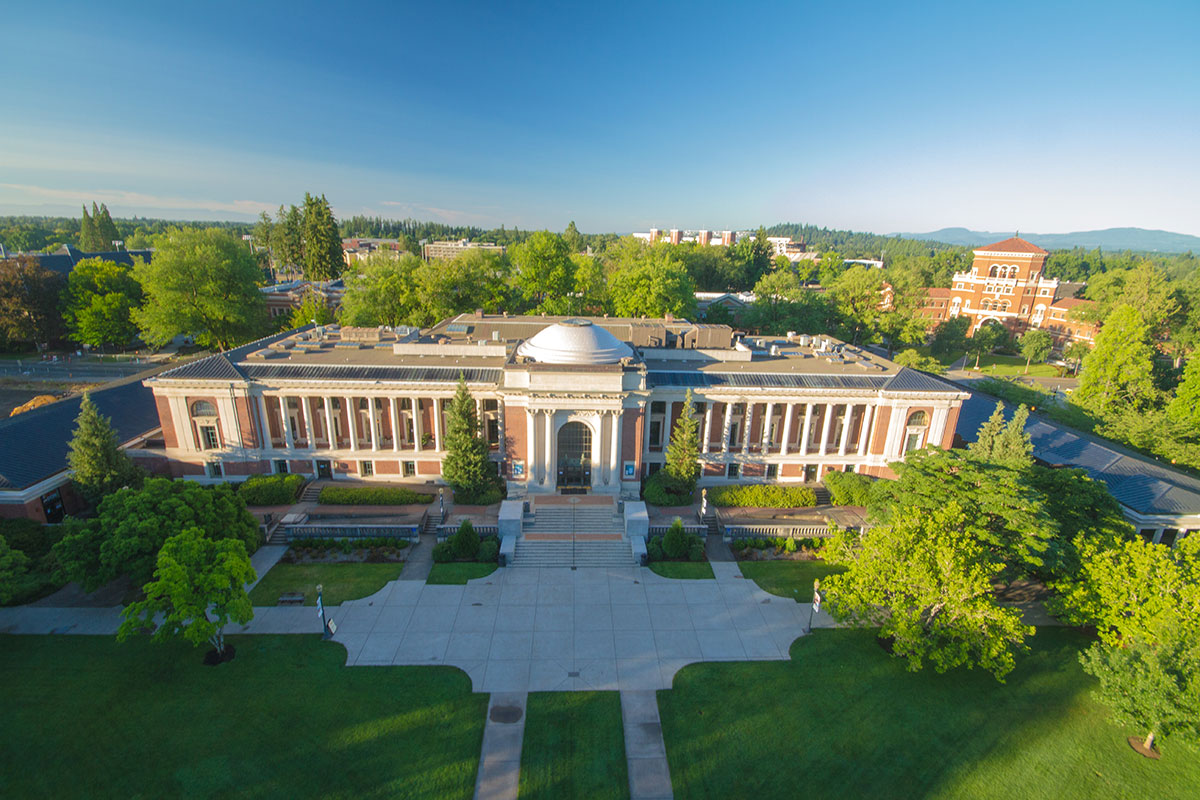As honeybees pick up pollen and nectar, they pollinate about one-third of the plants in the human diet. “Growers rent honeybees to pollinate their crops, and we are taking a close look to see what kinds of pollen the bees are actually collecting,” says Sujaya Rao, entomologist in Crop and Soil Science.
Proof of Pollination





